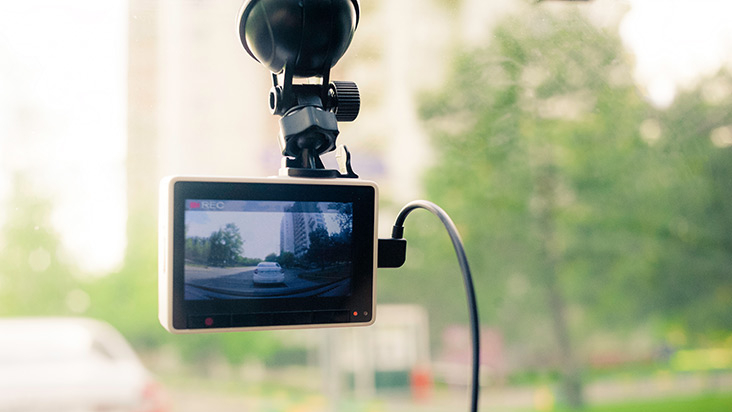Stolen cars, vehicle vandalism and theft of car parts are rare, but sadly do happen. Modern cars are more secure than ever, but as technology gets more sophisticated, so do criminals.
Here are some steps you can take to deter thieves and vandals, and make your car as secure as possible.
Quick tips & behaviours
Later, we’ll explain the various anti-theft products and technologies that are available. But there are also some simple habits you can adopt to keep your car secure. Following these practices can help stop your car from being a potential target in the first place:
- Remove valuables from the car and do not leave any on show
- Avoid hiding valuables in the glove box, as it’s likely to be the first place thieves will look
- Park in a well-lit area or somewhere in the view of a CCTV camera
- Keep car keys away from windows and doors in your home and at work
Thieves will always look for easy targets, so even without buying anything, you can take these simple steps to try and remove your car from that list.
Always try to park somewhere well-lit or in view of a CCTV camera
Keyless theft
Most cars now have remote locking and many can be opened and driven as long as the key is in your hand, pocket or bag. This useful technology has sadly been exploited by thieves and can allow them access to the car. If your key is near a window or door, they can use technology to amplify the signal from your key and send it to someone standing next to the car, who can simply open the door without breaking into it.
How to stop keyless theft
Thankfully, there are some solutions to this problem. Many keys can be turned off when not in use. Check the owner’s manual or speak to your dealer to find out if your key allows you to do this, just remember to turn it back on.
Another solution is to buy a special signal-blocking bag, called a Faraday pouch. It insulates the key and protects it against the technology used by thieves. It is critical to test these pouches by standing next to your car with the key in it and seeing if the key works.
Trackers
Trackers are small devices that will send a signal to the tracker manufacturer if your car, caravan or trailer is stolen.
It’s important that you leave it to the police rather than going after your car yourself. While trackers do not prevent theft, they are a great way of monitoring where the vehicle went. You could also put a warning sticker on the car to let people know it has a tracker hidden somewhere in it, which will hopefully be a deterrent.
Dashcams
A dashcam is a small camera that is normally fitted behind the rear-view mirror and can be left filming when driving or parked. Originally, they were used to help prove who was at fault in an accident but are becoming a popular way of monitoring a car. Some have a live feed that can be accessed remotely and other dashcams have a memory card that can be destroyed. But there’s no way for a potential thief to know from the outside, so hopefully, they will not take the risk.
Dashcams can be a great way to deter potential thieves from breaking into your car
Old fashioned favourites
Sometimes new technology can be fantastic, but there are also more traditional solutions that can help keep your car secure.
Steering and handbrake locks
Steering locks are still very effective, even compared with all of the new technology available. Although some very cheap versions can be broken, a good quality lock will be impossible to remove and the time it would take is often enough to put thieves off. They can be a pain to store in the car and put on and take off, but they do work.
Locking wheel nuts
Many cars have locking wheel nuts these days. They make it much harder for thieves to remove the wheels from your car and provide a little extra peace of mind.
Get more information about the Scheme
As part of the Motability Scheme’s all-inclusive package, customers have insurance included in their lease, which covers theft.
Request information to see how we could help you.
Related articles
Everything you need to know about dashcams
10 tips for keeping your car in good condition
Scam calls, texts and emails: How to avoid them and what to do if you receive one
![]()










